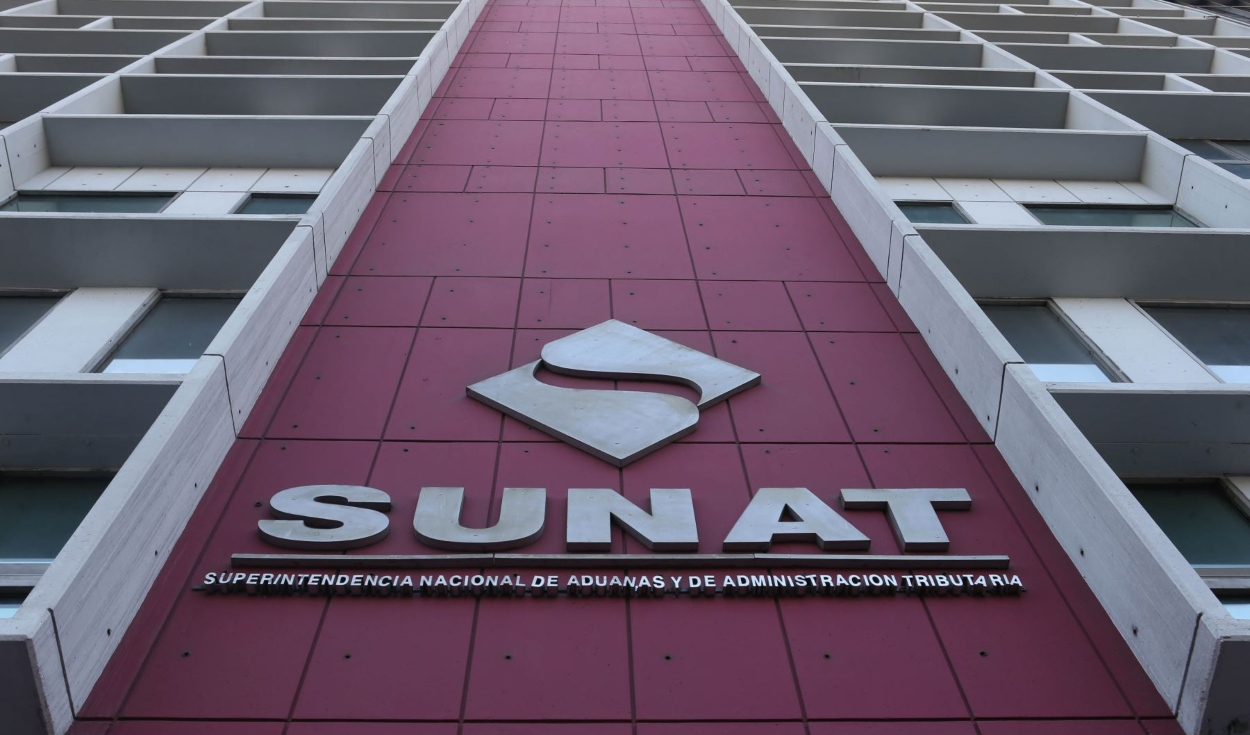
The beginning of 2025 brought a series of new regulations in tax matters that were formalized by legal devices in the Official Gazette El Peruano. These changes reflect the importance of adjusting fiscal policies to current dynamics and also present new opportunities for companies in the country.
One of them is the adjustment of the Tax Tax Unit (UIT), which has been established in Supreme Decree No. 260-2024-EF. Its new value is S/5,350, which means an increase of S/200 compared to the previous year, which was S/5,150. Like this measure, there are others necessary to know how the expansion of the Special Tax Fractionation, the new Sunat compliance profile, and the suspension of withholdings for independent workers.
What is the new Value of the UIT 2025 in Peru?
For this year, the Tax Tax Unit (UIT) It has been set at S/5,350, according to a Supreme Decree published in the Official Gazette El Peruano in December last year. This update introduces modifications to the tax burden related to the fifth category income, which impacts the employees on the payroll.
For Gustavo Lazo, partner of the Tax Area of Dentons Peru, “an increase in ITU always generates adjustments in the obligations of companies.” Its relevance is manifested in its use for the calculation of taxes, the imposition of sanctions and the determination of fiscal limits, as with the exemptions.
SUNAT 2025: New compliance profile
It is a qualification system that grants the Sunat to the taxpayer to encourage voluntary compliance with respect to their tax, customs and others. After having carried out a “white march”, it is estimated that it will come into operation in July until the mid -2025.
“It is a tool that encourages good tax compliance. Companies with positive grades will have concrete benefits, while those with less favorable records must assume greater scrutiny of the Tax Administration. This system will be crucial to promote a culture of proactive compliance, ”said Lazo.
Expansion of the Special Tax Fractionation
The SUNAT reported that until today there have been more than 150,000 requests for foster care of the special subdivision, whose term ends this February 28. In this regard, there are three payment modalities, each with their respective benefits and bonuses in discounts: cash payment, summary payment and fractional payment.
The activities related to the marketing of goods, cargo transport, construction and restaurants are the sectors that have submitted the largest number of applications to access this benefit. On the other hand, taxpayers of the MYPE Tax regime, which represent 47%, are the ones who have most required the special subdivision. They are followed by income other than those of third category with 19%, the special income regime with 17%, the general regime with 14%and the simplified single regime (RUS) with 3%, among others.
Reduction of the term for the IGV fiscal credit
On September 28, 2024, Legislative Decree No. 1669 was issued, which introduces modifications to the General Sales Tax Law and the selective consumption tax, as well as Law No. 29215. This regulation allows the Decrease in the deadline to register payment vouchers in the Purchasing Registry and to exercise the right to tax credit, which was previously 12 months.
These receipts generated through the Electronic emission system They must be registered in the digital files or on the purchasing record sheet corresponding to the month of their issuance or the payment of the tax. With regard to physical vouchers, they must be registered up to two months after the period in which they were issued.
“The reduction of the term implies a higher internal organization, especially in the accounting area, to prevent the lack of registration in time to mean a significant economic loss. This also generates an operational challenge for companies with high billing volumes, ”said Lazo.
Suspension of retentions for independent workers
According to the law, taxpayers who receive Fourth category income or a combination of fourth and fifth categories They may benefit from this suspension if their projected annual income does not exceed S/46.813. In addition, those who issue receipts for electronic fees and whose monthly income does not exceed S/ 3,901 will not have the obligation to make payments on account of the Income Tax.
“This change favors independent workers to relieve their immediate tax burden. In addition, it has the potential to encourage the formalization of those who are in informality, expanding the taxpayers base in the medium term, ”concluded lawyer Gustavo Lazo.
Source: Larepublica
Alia is a professional author and journalist, working at 247 news agency. She writes on various topics from economy news to general interest pieces, providing readers with relevant and informative content. With years of experience, she brings a unique perspective and in-depth analysis to her work.











